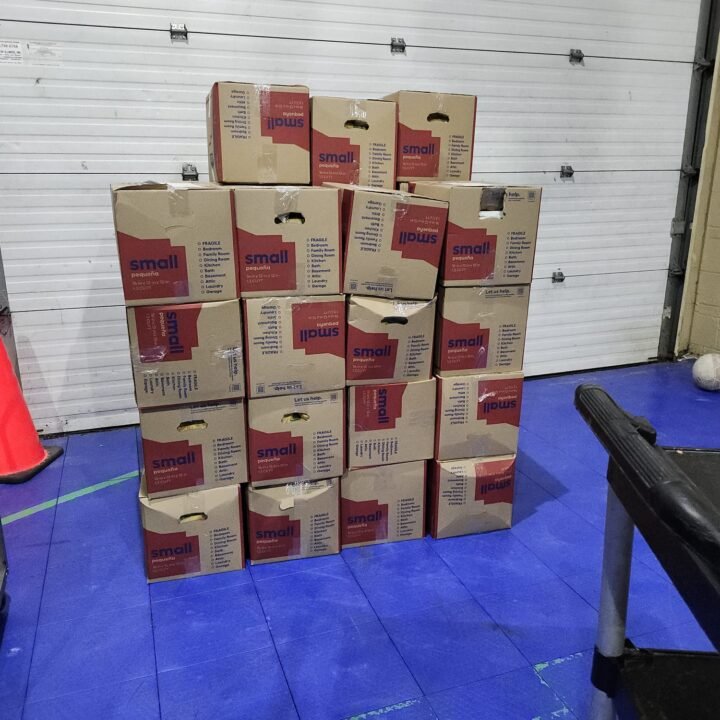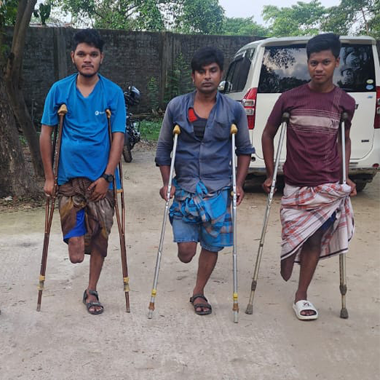Projects - our works
As Allah SWT mentioned in the Holy Quran that “No one can achieve Taqwa unless they donate something from their wealth.” (Quran 3:92)
Zakat and Sadaqah are two forms of charity in Islam that are considered to be important acts of worship. Both are intended to help those in need, and both are a way to purify one’s wealth, eradicate poverty and build a more just society.
Zakat, one of the five pillars of Islam, is an obligatory form of charity that is required of all Muslims who possess a certain amount of wealth. It is typically calculated as 2.5% of one’s wealth, including cash, savings, investments, and gold and silver. The money collected through Zakat is typically distributed to the poor, orphans, widows, and other needy individuals.
Sadaqah, on the other hand, is a voluntary form of charity that can be given at any time and in any amount. Unlike Zakat, Sadaqah is not obligatory, but it is still highly encouraged. Sadaqah can take many forms, including financial assistance, food, clothing, or even a kind word or deed. It can be given to anyone in need, including non-Muslims, and it is considered to be a way to earn blessings from God.
Both Zakat and Sadaqah have a significant impact on society. By providing assistance to the poor and needy, they help to alleviate poverty and reduce social inequality. They also promote compassion and empathy, and they encourage people to think beyond themselves and their own needs. This, in turn, helps to build stronger communities and promote social harmony.
This has been proven over time and time again in the history of Islam, that Zakat and Sadaqah play a critical role in the development and sustainability of society. The funds collected through Zakat and Sadaqah are used through specific guidelines based on the holy Quran and hadiths of the Prophet Mohammed peace be upon him.
















